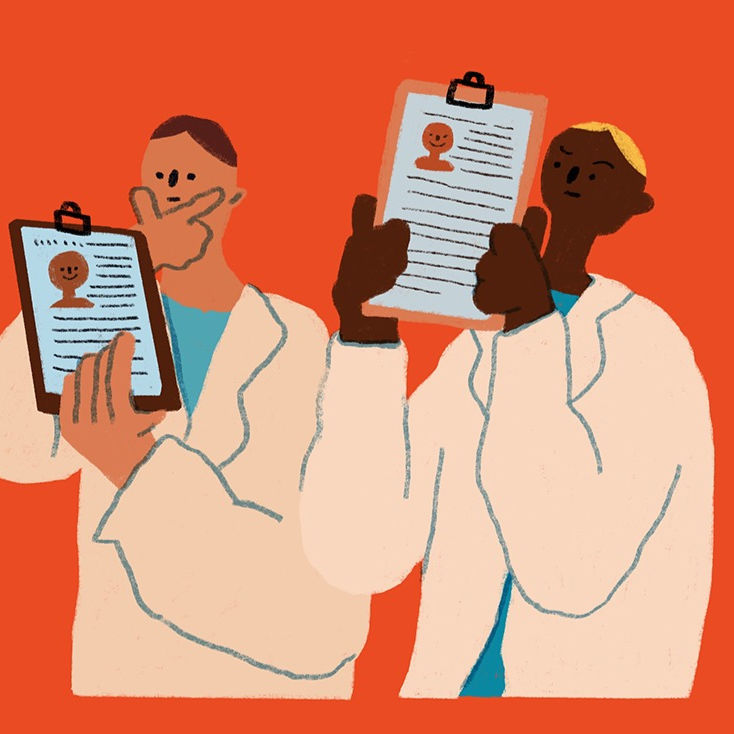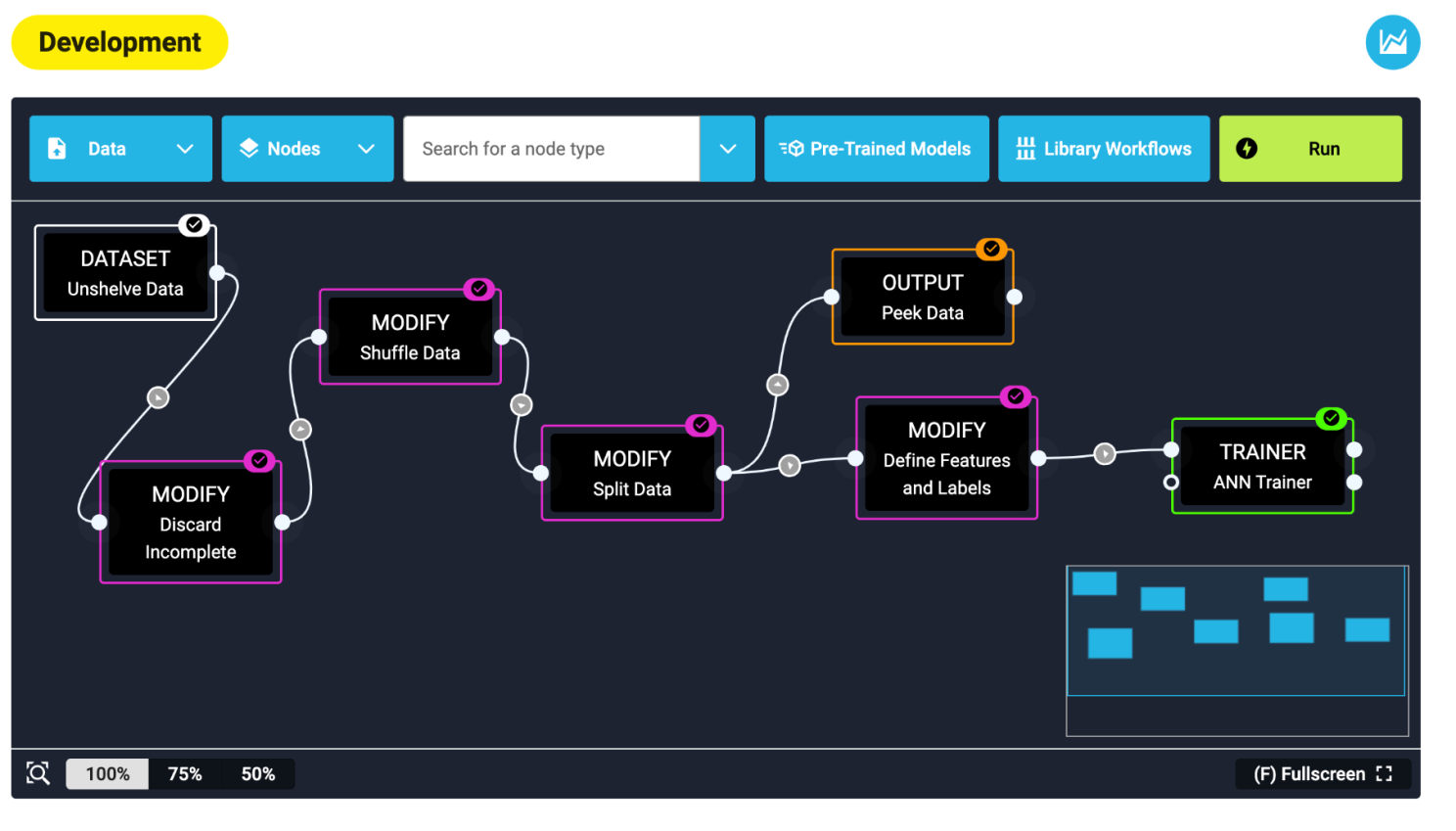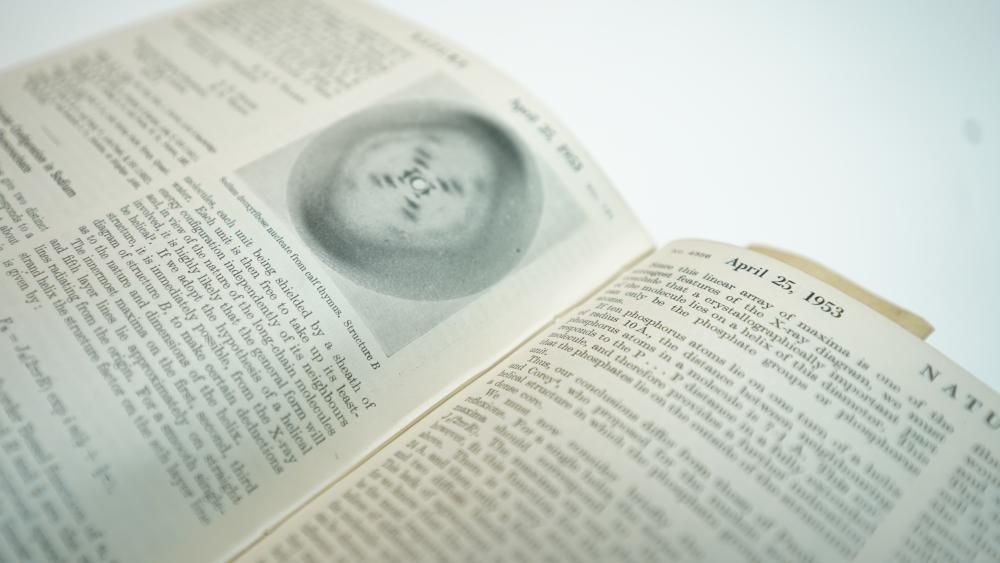Mind the Gap: A flawed system

This article originally appeared on Genomics England’s Stores of Health Data Equity series..
A flawed system
Nana Mensah, Francis Crick Institute
If, like me, you are fond of software, biology and healthcare, then you would be perfect for a career in clinical bioinformatics. Ours is a broad discipline, of which my favourite branch is genomics, a field where we can turn a patient’s DNA sequence into clinical insights. It is meticulous, rewarding work, if you can ignore the elephant in the room.
I don’t know where I first heard that genomic databases are populated by people of European ancestry but I quickly understood the implications. It means that minority populations receive more inconclusive genetic tests [1], that they are enrolled on fewer clinical trials [2], and that they may receive inaccurate drug doses [3]. Our system is flawed when genomic data used to tackle disease doesn’t represent our patient populations.
I came to this problem by reading the literature. But tell any of this to a veteran geneticist and their eyebrows will stay put. For decades, they have known that disease alleles vary between populations. Why wasn’t genomic equity part of my bioinformatics training? At work, talking about genomic equity never felt appropriate around the water cooler. This brings a feeling of helplessness. I felt that the problem was bigger than me and that I could never make a difference.
Today, I’m on the other side of the fence, having moved from a genomic medicine center to a research post focused on prostate cancer. I’m experiencing deja vu but this time, I’m determined to shift the needle.
Our system is flawed when genomic data used to tackle disease doesn’t represent our patient populations.
Cancer genomics has a long way to go
Is it possible for a cancer researcher to go their entire career without being aware of - or responsible for - the diversity gap in their field? Perhaps, but I think avoiding this starts by educating researchers. There are astonishing realities about cancer research that I would want every colleague to know.
It’s unethical for cancer research to widen disparities that already exist. Ethnic minorities have a higher mortality across many cancers [4–6]. Socioeconomic factors play their part, but genomics research has also found that minorities can carry genetic alterations leading to a more aggressive tumour biology. From where I stand, it seems that we in cancer genomics are yet to address diversity and we may even be incentivised against it.
Evidence for this lies in how we use data from cohort studies that have informed our understanding of tumour biology. Patients contributing to both The Cancer Genome Atlas (TCGA) and the Pan Cancer Analysis of Whole Genomes are reported to have 83% and 77% European genetic ancestry respectively [7]. Percentages alone aren’t everything, as Rajagopal et al. (2020) demonstrate by showing the lack of power the TCGA dataset has to find meaningful associations in its African ancestry cohort. For research to be taken seriously by reviewers, we are expected to match the sample sizes of these datasets, repeatedly using them in future studies, even going so far as to remove data from minorities to avoid spurious results [8]. What one might call ‘increasing statistical power’, I call a waste of life-changing discoveries.
Downstream, genomic medicine services use research findings to guide patient treatment or enrollment in clinical trials. It is then no surprise that patients from under-represented populations, such as those of African ancestry, can be disproportionately excluded from clinical trials [2]. Predictive testing is no better, where cancer variants are used as markers of disease risk with the assumption that databases filled with information from individuals of European ancestry will translate to other populations. However, even in well-powered multi-ethnic studies, cancer markers don’t reproduce beyond the ancestry cohort they were discovered in [9].
My reaction to all of this was a sinking feeling. As I dug deeper into the topic, each article was another land mine that shook my view of our genomic revolution. At the same time, I am careful not to undermine our achievements. We are all in debt to every single patient who has contributed to genomic research. But we should also work to give every patient the same chance at finding a diagnosis, treatment or clinical trial. Healthcare has always had disparities and genomics has simply walked into this messy room.
Can one person make a difference?
Of course we need more data. I find it reassuring that Genomics England has plans to sequence more diverse cohorts. But of course this is just the beginning - a few thousand patients cannot cover the diversity of a continent like Africa. I would hope that not only will we focus on seeing the right data in the right repositories, but that it will also lend to more biobanks of patient-derived xenografts and organoids from diverse populations. No doubt that equity in genomic medicine will call on every member of our global scientific society.
In the meantime, what can we do with the data we have? Remember, researchers are excluding minorities for reasons of statistical power, but even worse, they then choose not to report this decision or the ancestry of their patient cohorts [10,11]. Without being transparent about the genetic ancestry of study populations, we can never perform the meta-studies to identify and address our contribution to health disparities.
My own research uses genomic data from a cancer study that I did not design. Nonetheless, the data is a springboard for answering novel scientific questions. It’s invaluable, so I’m eternally grateful to these patient donors, all of whom are from the same ancestry population. I think this comes with a responsibility to communicate the implications of my results for patients from diverse backgrounds. Bit by bit, as a community, we have an opportunity to set and amplify standards for reporting ethnicity, tipping the scales towards genomic equity. To me, this action does as much as winning a grant for collecting diverse data.
So let’s start here, by never ignoring the elephant, and lifting genomic equity in our conversations. Every corner of science and healthcare stands to benefit. We could do our jobs with pride. But most importantly, we could shrink the gap between our aspirations and the practice of genomic medicine. That would be the true revolution.
References
-
Caswell-Jin JL, Gupta T, Hall E, Petrovchich IM, Mills MA, Kingham KE, et al. Racial/ethnic differences in multiple-gene sequencing results for hereditary cancer risk. Genet Med. 2018;20: 234–239. doi:10.1038/gim.2017.96
-
Amoako E, Jumbam DT, Bediako Y. Unseen and unheard: African children with cancer are consistently excluded from clinical trials. BMJ Glob Health. 2021;6. doi:10.1136/bmjgh-2020-004750
-
Kaye JB, Schultz LE, Steiner HE, Kittles RA, Cavallari LH, Karnes JH. Warfarin Pharmacogenomics in Diverse Populations. Pharmacotherapy. 2017;37: 1150–1163. doi:10.1002/phar.1982
-
Lloyd T, Hounsome L, Mehay A, Mee S, Verne J, Cooper A. Lifetime risk of being diagnosed with, or dying from, prostate cancer by major ethnic group in England 2008-2010. BMC Med. 2015;13: 171. doi:10.1186/s12916-015-0405-5
-
Møller H, Henson K, Lüchtenborg M, Broggio J, Charman J, Coupland VH, et al. Short-term breast cancer survival in relation to ethnicity, stage, grade and receptor status: national cohort study in England. Br J Cancer. 2016;115: 1408–1415. doi:10.1038/bjc.2016.335
-
Zavala VA, Bracci PM, Carethers JM, Carvajal-Carmona L, Coggins NB, Cruz-Correa MR, et al. Cancer health disparities in racial/ethnic minorities in the United States. Br J Cancer. 2021;124: 315–332. doi:10.1038/s41416-020-01038-6
-
Rajagopal PS, Olopade OI. Black Lives Matter Worldwide: Retooling Precision Oncology for True Equity of Cancer Care. Cell Rep Med. 2020;1: 100079. doi:10.1016/j.xcrm.2020.100079
-
Bentley AR, Callier S, Rotimi CN. Diversity and inclusion in genomic research: why the uneven progress? J Community Genet. 2017;8: 255–266. doi:10.1007/s12687-017-0316-6
-
Jing L, Su L, Ring BZ. Ethnic background and genetic variation in the evaluation of cancer risk: a systematic review. PLoS One. 2014;9: e97522. doi:10.1371/journal.pone.0097522
-
Ben-Eghan C, Sun R, Hleap JS, Diaz-Papkovich A, Munter HM, Grant AV, et al. Don’t ignore genetic data from minority populations. Nature. 2020;585: 184–186. doi:10.1038/d41586-020-02547-3
-
Nugent A, Conatser KR, Turner LL, Nugent JT, Sarino EMB, Ricks-Santi LJ. Reporting of race in genome and exome sequencing studies of cancer: a scoping review of the literature. Genet Med. 2019;21: 2676–2680. doi:10.1038/s41436-019-0558-2


